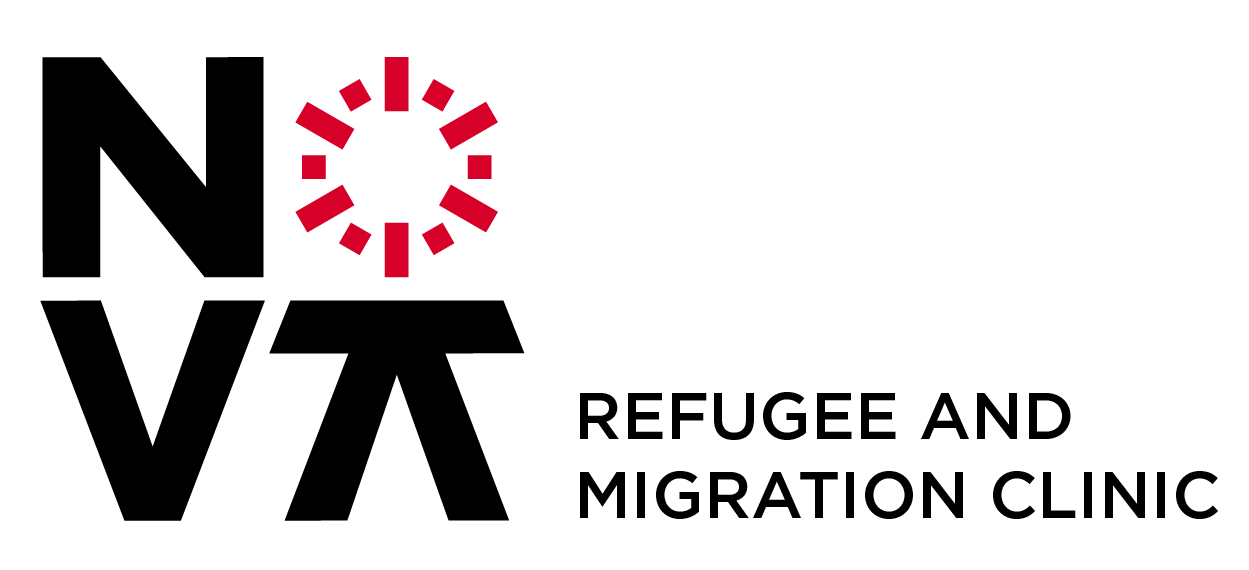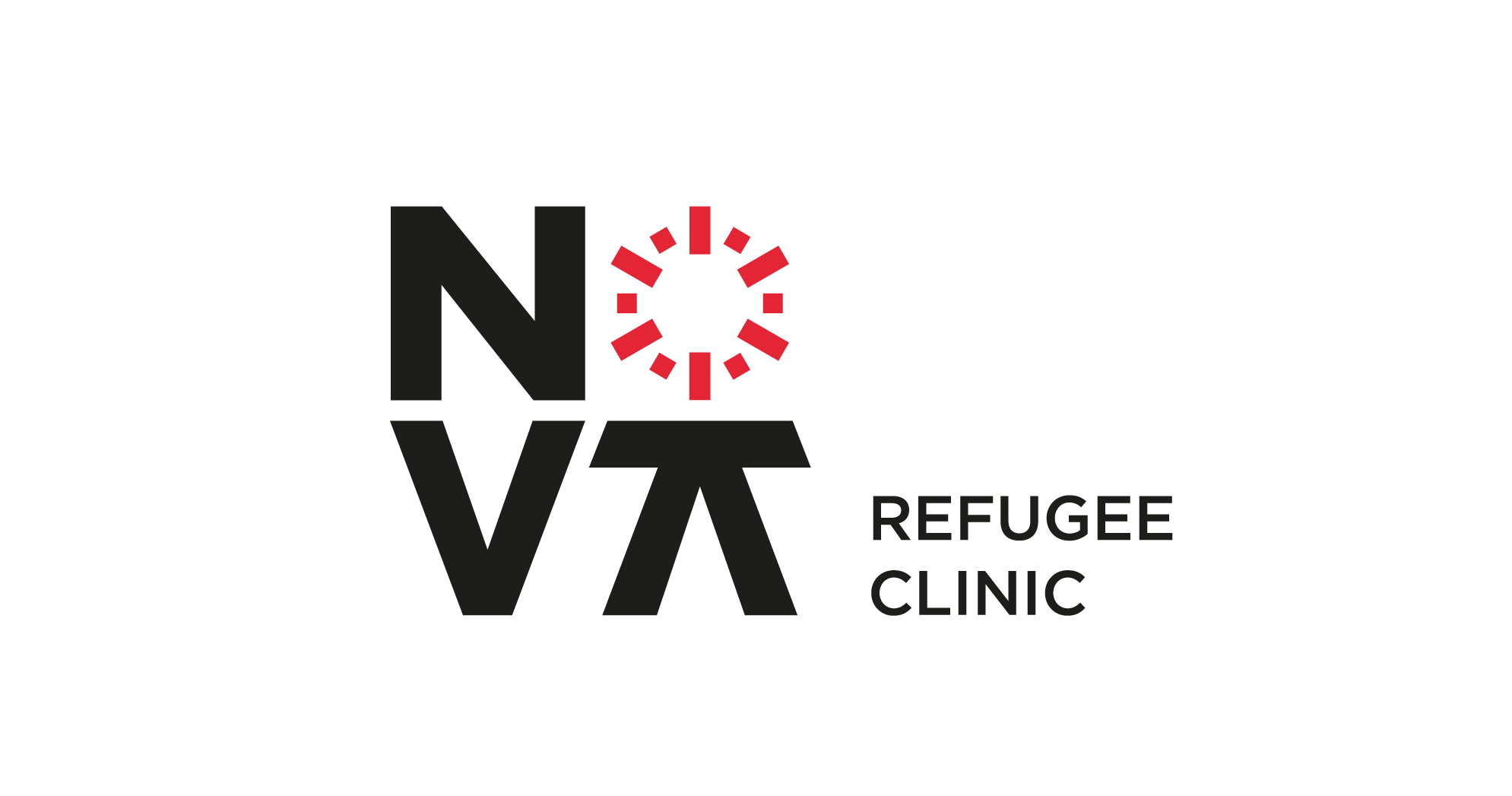Over the last two decades or so, Frontex has been facing increasing accusations of breaching EU law, notably EU fundamental rights. While holding the Agency accountable for such violations is crucial, this blogpost shows that existing mechanisms prove ineffective. It examines in particular the WS v Frontex case decided by the General Court in 2023 and provides some reflections on the role of Frontex in joint operations and the main fundamental rights challenges therein.
This blogpost explores the tensions resulting from colonial legacies produced by the Ugandan legal framework in relation to the LGBTQIA+ community. It argues that the criminalization of LGBTQIA+ persons in Uganda has been facilitated by the intersectional impact of homophobia, colonialism, capitalism, and religion.
To mark the “16 days of activism against Gender-Based Violence” (GBV) campaign , led by civil society organisations and endorsed by the United Nations (UN), this blogpost aims to highlight the challenges and problems that women experience in the various stages of the refuge cycle and how the international community, particularly the EU, tackles this issue.
Paula Muñoz Cano Abstract This blogpost provides some reflections on the relationship between EU and the traditional understanding of sovereignty, exploring whether the latter is reproduced or challenged in EU migration and asylum law. It is argued that EU law often (though not always) reproduces the traditional conception of sovereignty when it comes to ‘third-country nationals’, and often (though not
By Cinzia Dimonte ABSTRACT This blogpost examines the main challenges faced by LGBTIQ+ asylum seekers and calls for a fair asylum process in Europe, emphasizing the need to respect human rights, recognize persisting biases, and address intersectionality. Keywords SOGIESC, LGBTIQ+, asylum law, intersectionality Introduction Asylum seekers with diverse sexual orientation, gender identity and expression, and sex characteristics (SOGIESC) face unique experiences, such
Mariana Cavalheiro Galvão Abstract The use of migration for political purposes has raised concerns within the European Union. This blog post critically analyses the main EU policy and legal responses and proposals on the instrumentalisation of migration, emphasising the need for an approach centred more on individuals and less on the security of the EU. For these purposes, it examines
Luana Cardoso and Matilde Felgueiras Abstract The Temporary Protection Directive was activated only once, in 2022, due to the Russo-Ukrainian War and has raised concerns of racialized discrepancies in the treatment of different refugee ‘crises’. This blogpost explores the reasons put forward for not activating the TPD in relation to the 2015/2016 ‘crisis’ and for activating it in 2022, and
Maria Marques, Susana Brazão and Vittoria Moccia Abstract This blogpost explores the issue of climate-induced displacement and the limits of legal protection, critically examining the main international and EU legal frameworks and policies. It advocates for recognising the protection needs arising from climate-induced displacement, as opposed to security-based approaches. Current international refugee and human rights regimes fall short of a satisfactory solution. Regionally, the EU leans more towards security than protection,
Carolina Moniz Pinto and Fernanda Leal [1] Abstract The term “vulnerability” has become increasingly important in academic literature, law and policy, and international debates on migration and asylum. This blogpost explores the different understandings of vulnerability and argues for the need to follow a holistic and structural approach. Keywords: vulnerability, refugees, asylum, migration, CEAS The term “vulnerability” has become increasingly important
Otávio de Figueiredo Raupp[1] Resumo O presente artigo pretende proceder a uma breve análise crítica das condições gerais dos centros de instalação temporária (CIT) e espaços equiparados (EECIT) em Portugal, à luz do artigo 3.º da Convenção Europeia dos Direitos Humanos (CEDH). Tratando-se de uma perspectiva abrangente, não nos debruçaremos sobre casos individuais. Assim, procurar-se-á, num primeiro momento, delinear o











